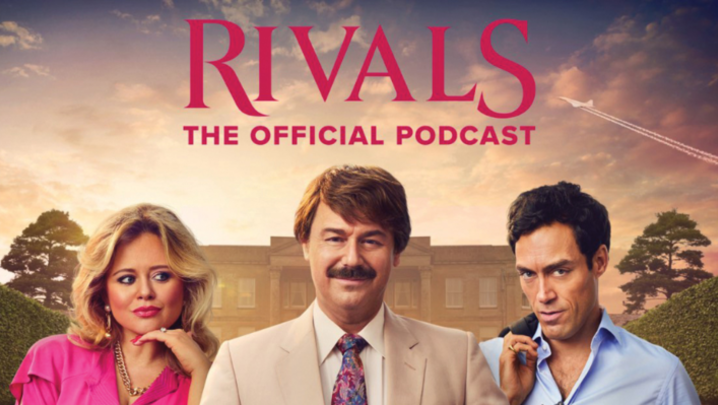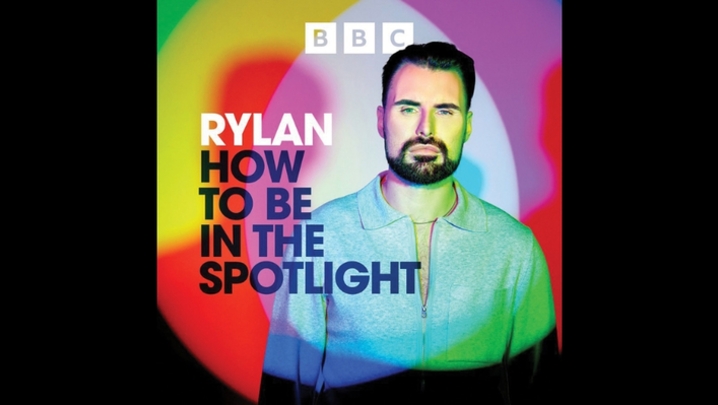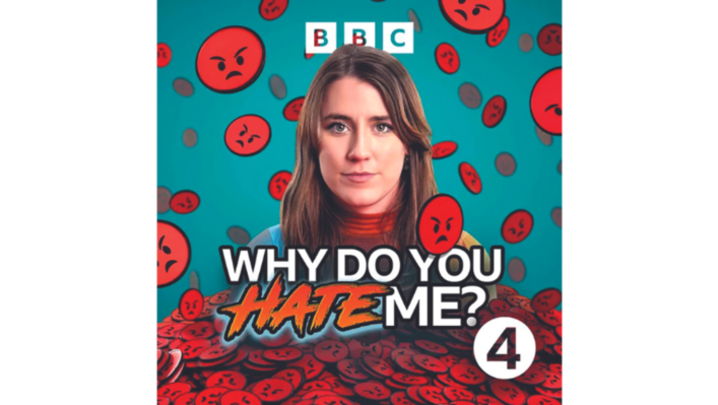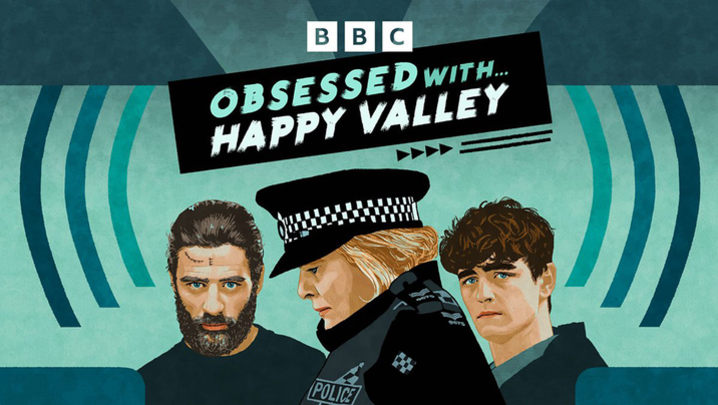I’ve started watching Love Island this year but, for every great water-cooler chat I’ve had about the previous night’s drama, there’s been a nose turned up at the very mention of the show.
I say this not simply to air my grievances but to recommend a defence against such snobbery. Pandora Sykes and Sirin Kale’s new 10-part podcast, Unreal: A Critical History of Reality TV, makes a thorough case for the genre’s cultural significance, without turning a blind eye to its shaky ethical foundations.
Many would assume that Marcus Bentley talked reality TV into existence in 2000 with those seminal words, “Day one in the Big Brother house”. Although that is their jumping-off point, Sykes and Kale pinpoint the genre’s origins as 1948 with Candid Camera, which crossed the pond in 1960.
Their point is that our appreciation for the art of authenticity is nothing new, although Big Brother clearly sparked an explosion of the genre from which we’re still experiencing the fallout.
As a result, each episode stops off at one of 10 stages between 2000 and the present day. They begin with the talent show boom, epitomised by the likes of The X Factor, and the rise of influencer factories such as Love Island.
Laced with recordings of reality TV’s most glorious – and notorious – moments, it makes for a fun listen. At least at times.
There are others when it is disturbing. Especially episode three on the early 2000s, when it’s clear that reality TV tested the limits of the genre in pursuit of a fast buck, be it by depriving people of sleep in Shattered, or asking an adopted daughter to correctly pick out her biological father in a room full of strangers in Who’s Your Daddy?
That we, the audience, continue to lap up such dubious formats is not lost on Sykes and Kale. They confess to any shows they regret enjoying. And they constantly challenge our own viewing motives.
It is a critical history to train critical viewers.







